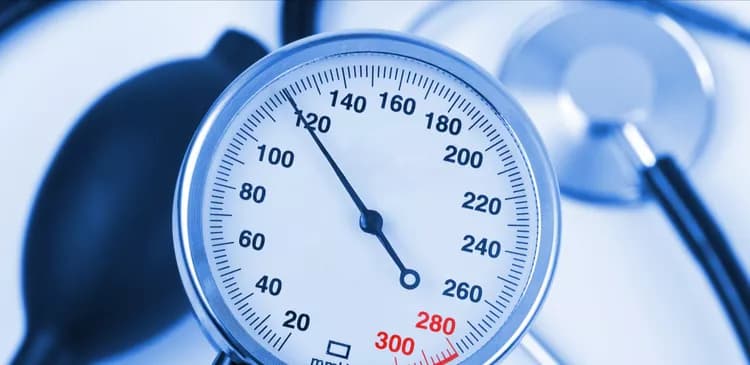
High Blood Pressure Reasons Differ By Gender In Teens; Young Adults
There are marked gender differences in what drives blood pressure in middle-age in adulthood, suggesting the need for gender-specific treatments for high blood pressure, according to research presented today at the American Heart Association (AHA) Council on Hypertension, AHA Council on Kidney in Cardiovascular Disease, American Society of Hypertension Joint Scientific Sessions 2017, in San Francisco.
Background
"Blood pressure is determined mainly by three factors: heart rate; stroke volume, which is the volume of blood pumped by the heart; and the resistance to blood flow through the vessels, called total peripheral resistance. An increase in any one of the three factors can lead to an increase in blood pressure," said study author Catriona Syme, Ph.D., postdoctoral fellow at The Hospital for Sick Children (SickKids) in Toronto, Ontario, Canada. "The key takeaway from this study is that, for young and middle-aged women, stroke volume was the main determinant of blood pressure, while, in men, vascular resistance was the main determinant of blood pressure."
Syme and colleagues studied 1,347 Canadians from the Saguenay Youth Study, including 911 adolescents and 426 adults ages 36 to 65 years. The researchers used a device that measures beat-by-beat blood pressure and the underlying forces of heart rate, stroke volume and total peripheral resistance. In the approximately hour-long protocol, they measured these variables at rest, and during posture changes and a mental stressor -- all designed to mimic daily life activities, according to Syme.
Researchers found:
- In females, stroke volume explains 55 percent of the variance in systolic blood pressure (the top number in a blood pressure reading), versus only 35 percent in males.
- In males, the major determinant of systolic blood pressure was total peripheral resistance, which explained 47 percent of the variance, versus only 30 percent in females.
- These gender differences were seen across most of the 52-minute protocol, being most prominent during standing and least evident during mental stress, according to the abstract.
This study is novel in that it looks at the relative contributions of the three parameters determining blood pressure, which have not been evaluated in a large population-based study, and it assesses these factors over time, in a way that mimics daily life activities. The study also looks at high blood pressure culprits in adolescents and young to middle aged adults, who are not frequently studied despite being affected by hypertension, according to Syme.
"For example, there have been many studies looking at sex differences in the usefulness of blood pressure medications. But, most of those studies have been done in people whose average age was 60-70 years -- many of the women being post-menopausal," Syme said. "We think pre-menopausal women and men of a similar age may have elevated blood pressure for different reasons, and thus may need to be treated for hypertension differently. After menopause, when the production of female sex hormones decreases, reasons for hypertension may be more similar in men and women."
While current treatment recommendations for hypertension do not differ by gender across all ages, this study suggests potential benefits to prescribing blood pressure-lowering medications with consideration for gender differences in the underlying physiology of elevated blood pressure in young and middle-aged adults.
This study was conducted in Caucasians. Future studies should investigate whether the relative contributions of these parameters differ by race.
Materials provided by American Heart Association. Note: Content may be edited for style and length.
Disclaimer: DoveMed is not responsible for the accuracy of the adapted version of news releases posted to DoveMed by contributing universities and institutions.
References:
American Heart Association. (2017, September 17). High blood pressure reasons differ by gender in teens; young adults. Retrieved September 18, 2017.
Related Articles
Test Your Knowledge
Asked by users
Related Centers
Related Specialties
Related Physicians
Related Procedures
Related Resources
Join DoveHubs
and connect with fellow professionals

0 Comments
Please log in to post a comment.